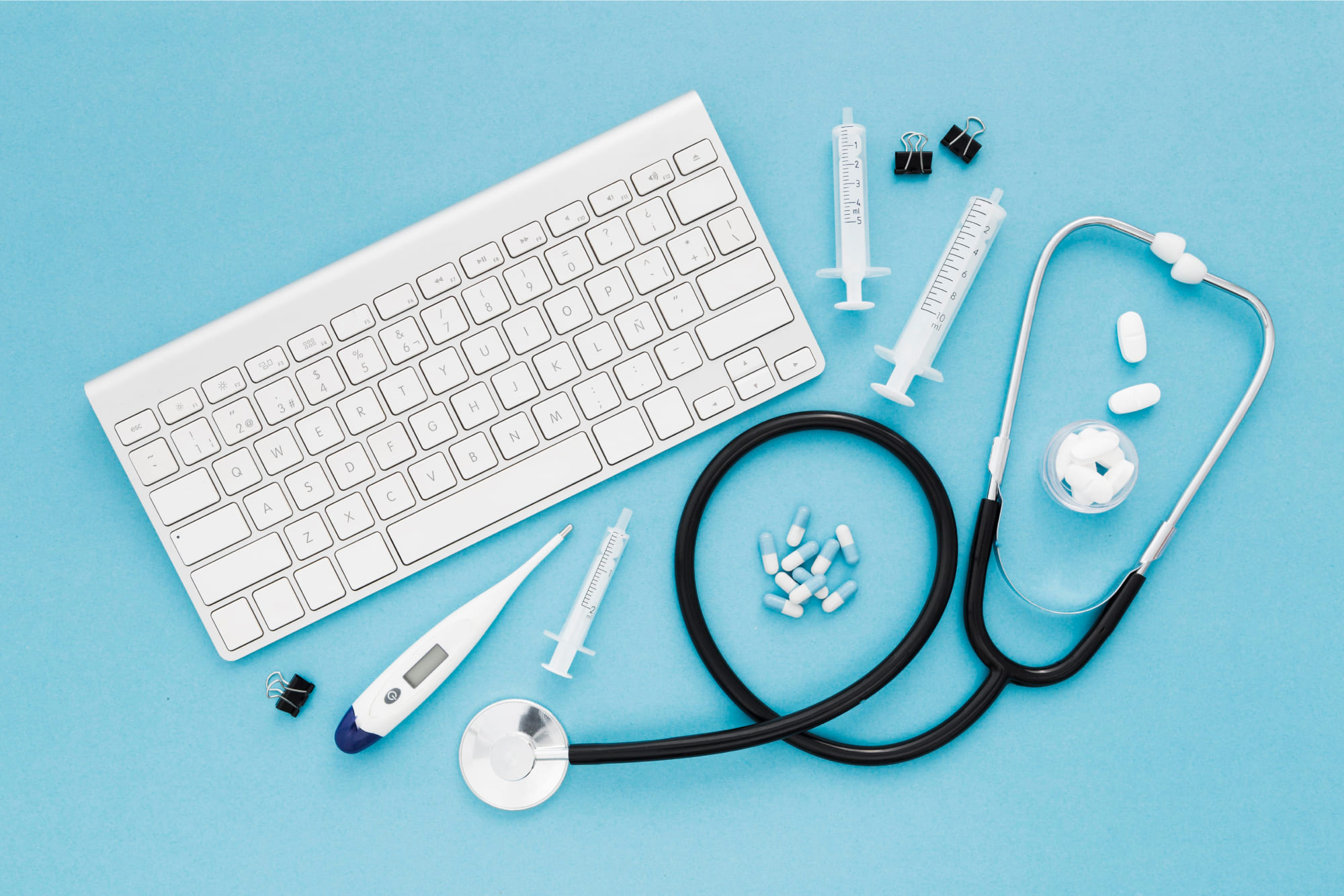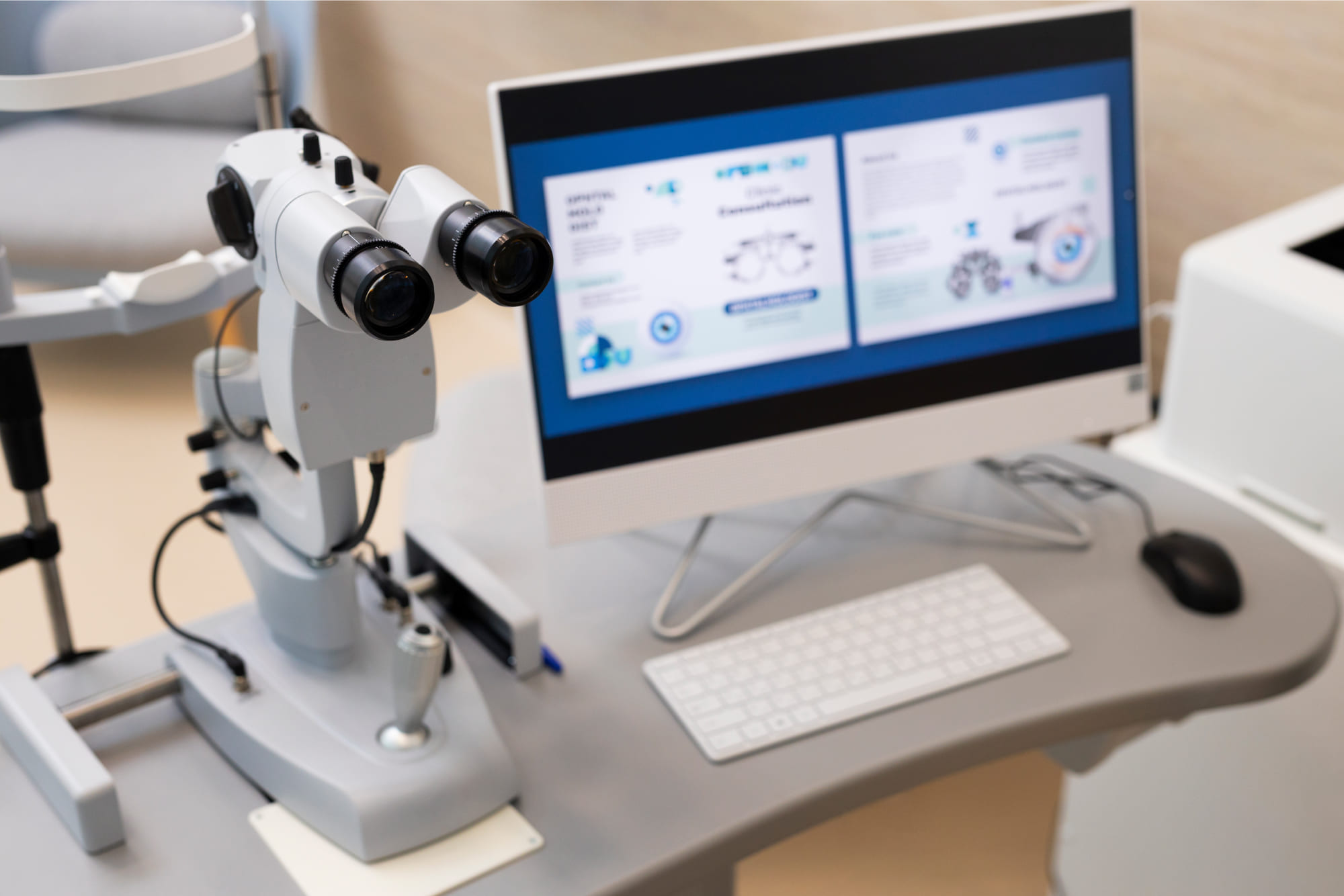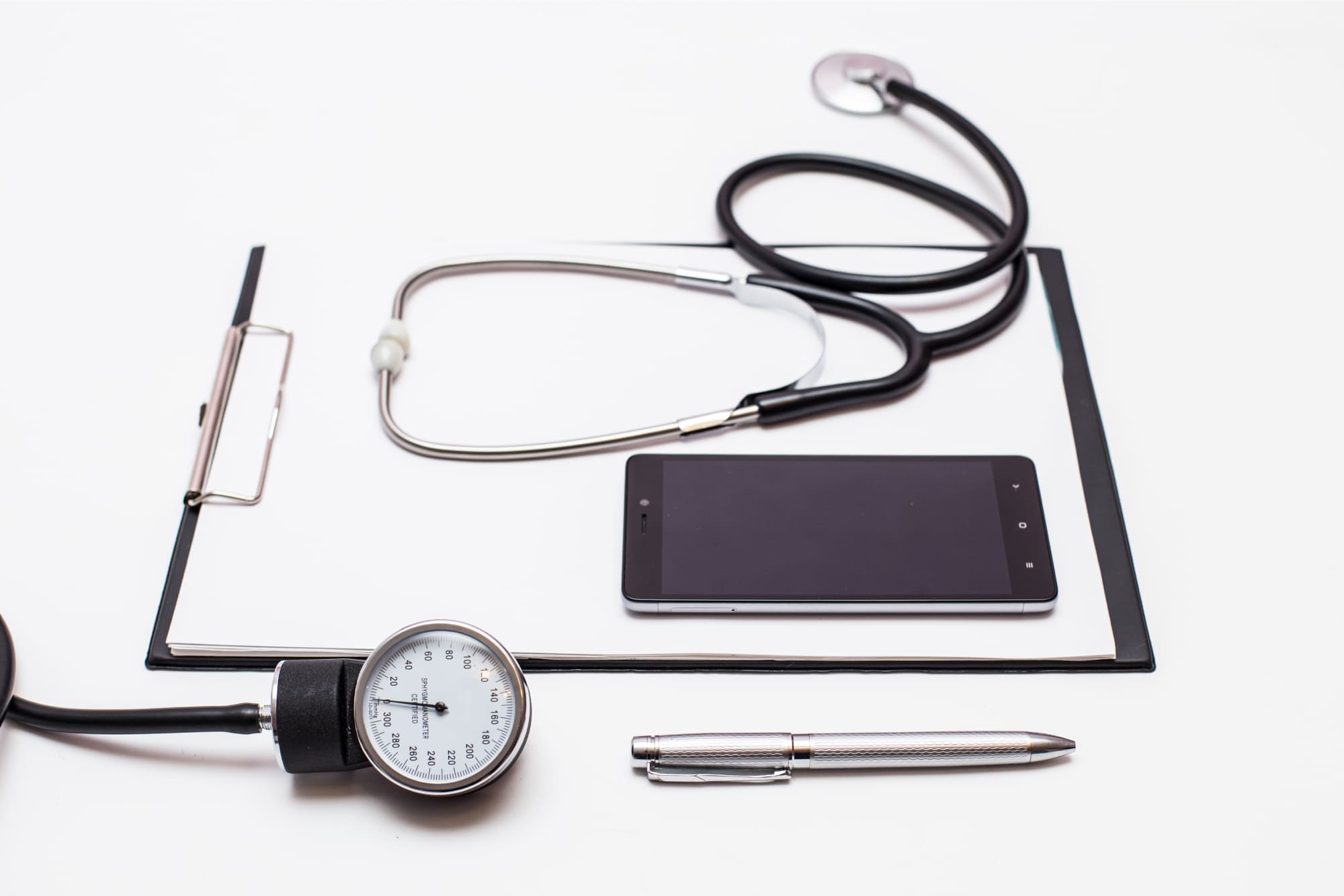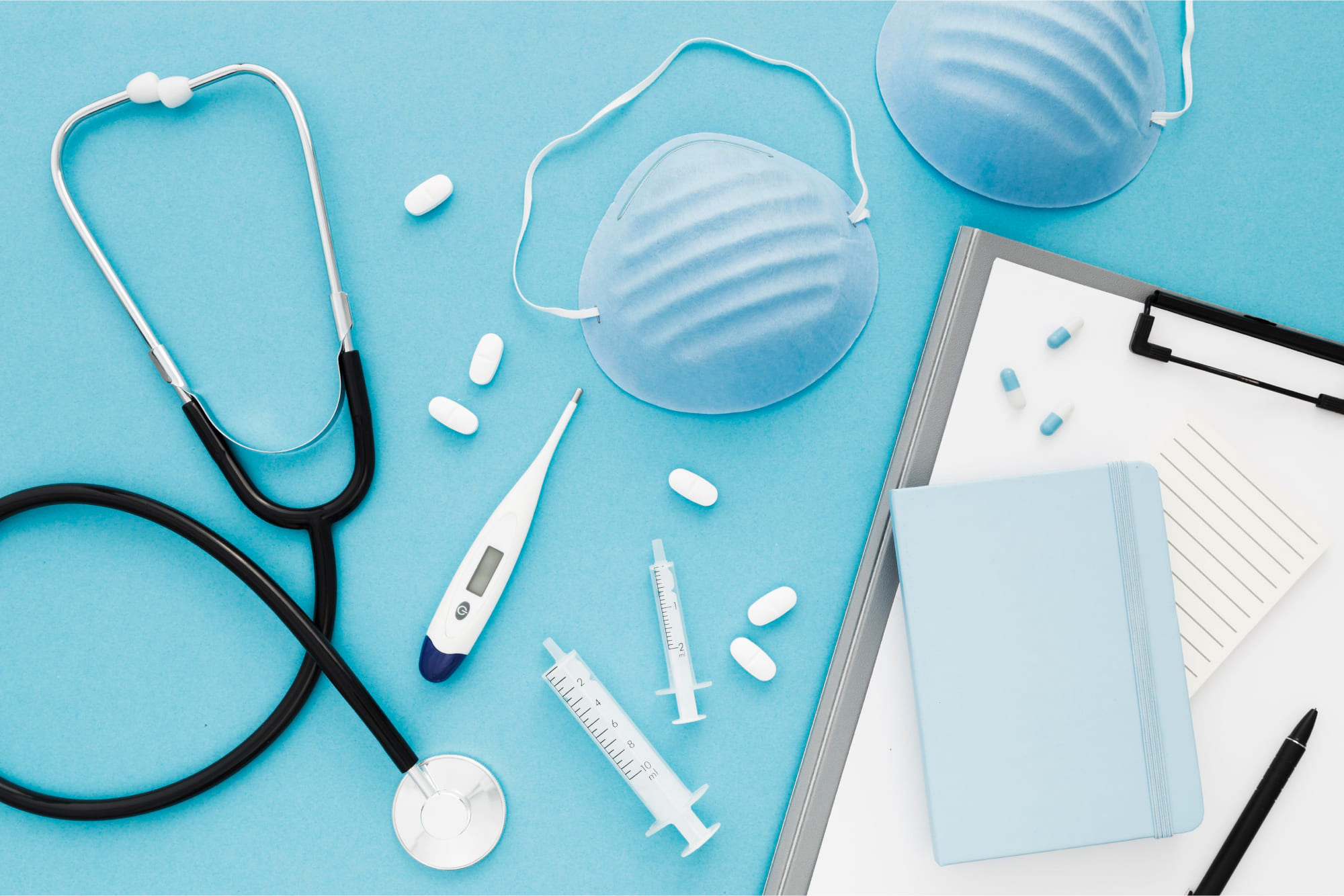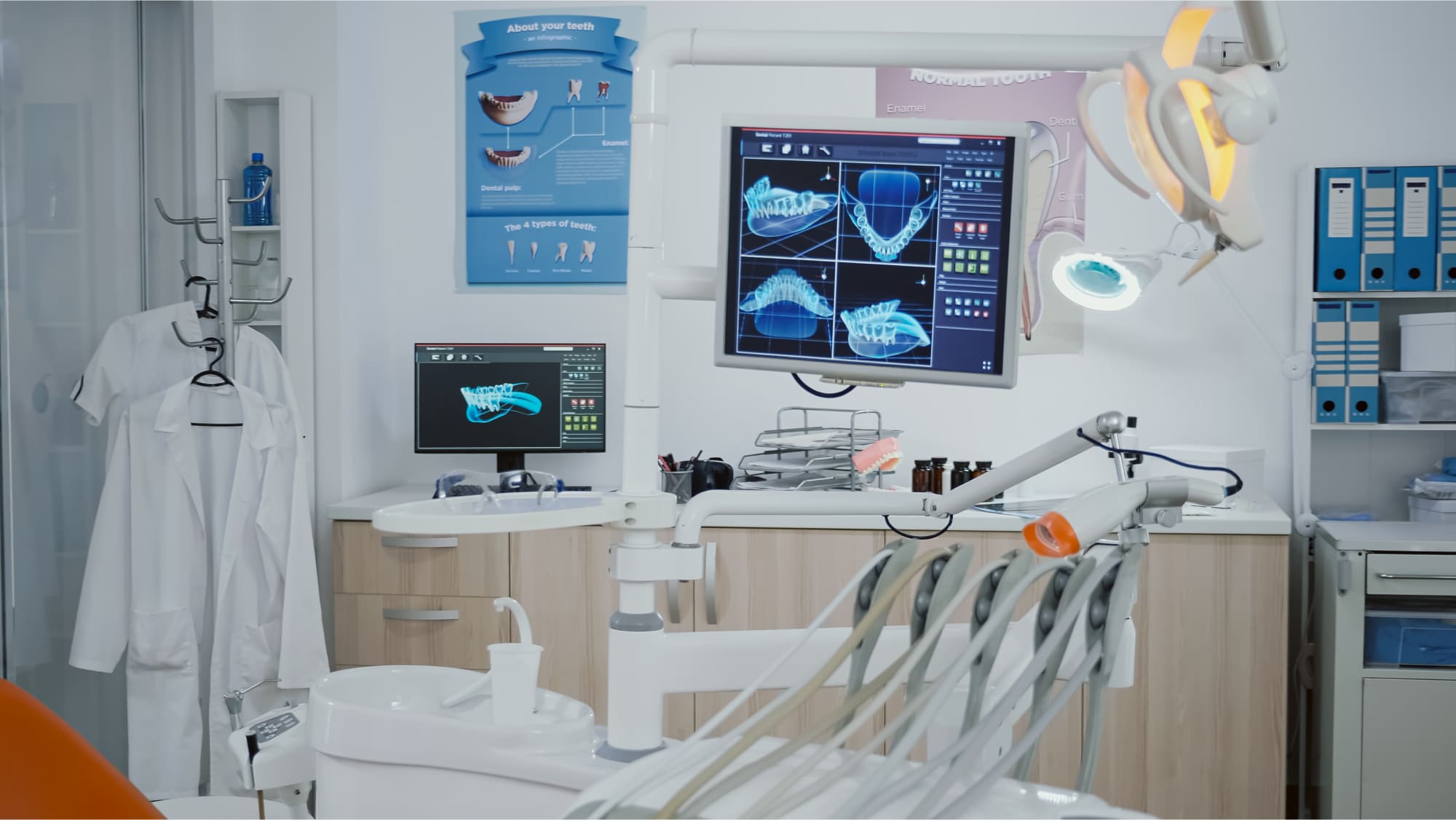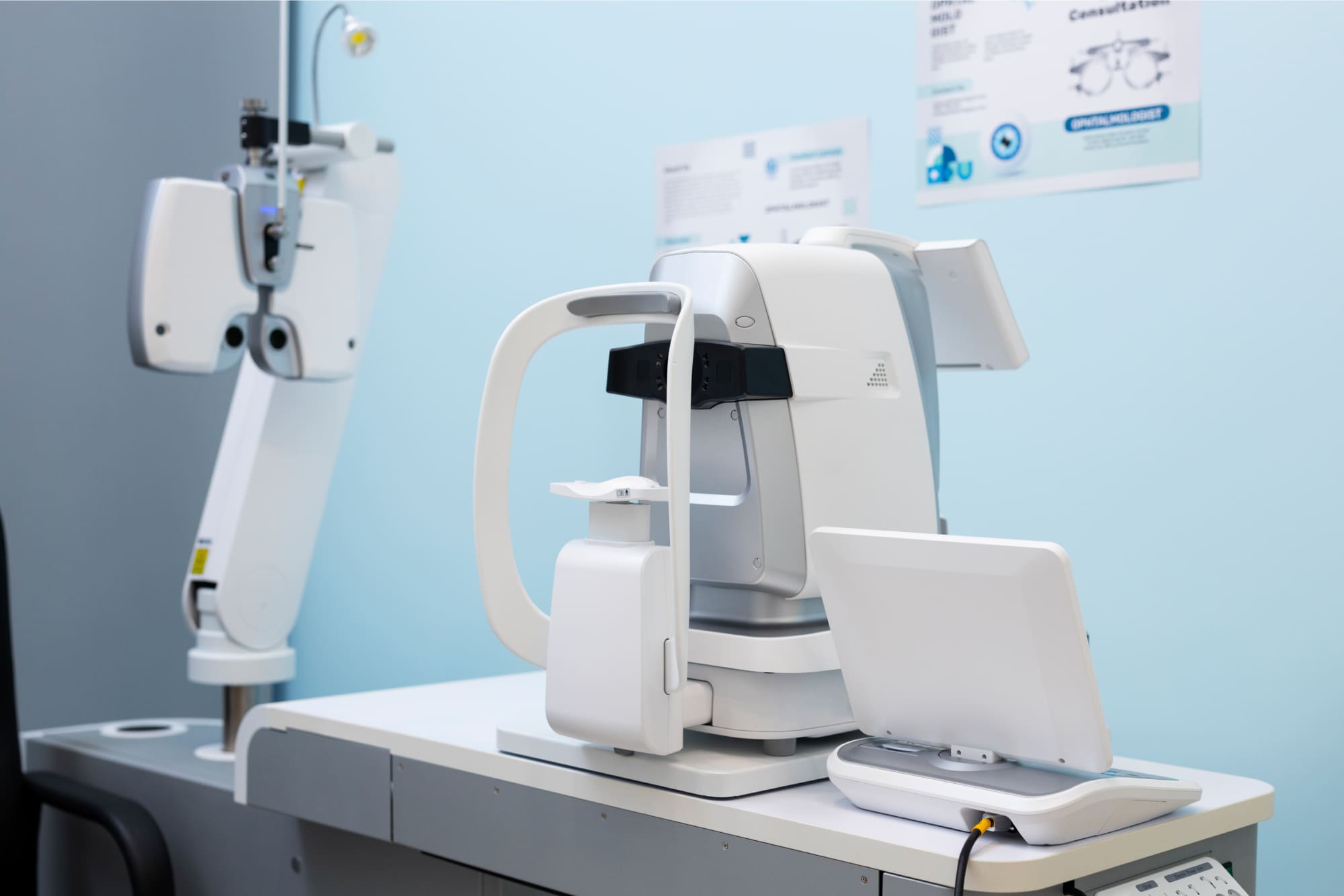Medical Device Testing
Medical device testing involves a series of evaluations and assessments to ensure that a medical device meets regulatory requirements, safety standards, and performance expectations before it can be marketed and used clinically.
-
Regulatory Compliance
Medical devices must undergo testing to meet regulatory requirements set by organizations such as the Food and Drug Administration (FDA) in the United States, the European Medicines Agency (EMA) in Europe, or similar regulatory bodies in other regions.
-
Safety Evaluation
Testing ensures that the device does not pose undue risk to patients, users, or others who may come into contact with it. This includes assessing potential risks associated with materials, design, and usage.
-
Biocompatibility Testing
Ensures that the device materials are compatible with biological systems and do not cause adverse reactions or toxic effects when in contact with living tissues.
-
Performance Testing
Evaluates the device's ability to perform its intended function effectively and reliably under various conditions. This may include mechanical, electrical, and software performance testing.
-
Sterility Testing
For devices that come into contact with sterile tissues or fluids, sterility testing ensures that they are free from microbial contamination.
-
Usability Testing
Assesses the device's ease of use, user interface, and whether it meets the needs of its intended users, including healthcare professionals and patients.
-
Durability and Reliability Testing
Determines the device's ability to withstand repeated use, environmental conditions, and normal wear and tear without failure.
-
Packaging Testing
Ensures that the packaging of the device maintains sterility, protects the device during transportation and storage, and provides appropriate labeling and instructions for use.
-
Biological Testing
Involves assessing the biological response to the device, such as irritation, sensitization, or toxicity, through in vitro and/or in vivo testing.
-
Clinical Evaluation
Involves testing the device in clinical settings to gather data on its safety and effectiveness in real-world use, often through clinical trials.
-
Post-Market Surveillance
Continues monitoring the device's performance and safety after it is marketed to identify and address any issues that may arise.
Pharmaceutical raw material testing is a critical phase in the pharmaceutical manufacturing process, playing a pivotal role in guaranteeing the safety, efficacy, and quality of the final drug
Read MoreWater testing is a crucial process aimed at assessing the quality and safety of water for various purposes, including drinking, recreational activities, industrial use, and environmental
Read MoreCosmetic testing is a comprehensive process that involves various laboratory analyses to assess the safety, quality, and sensory attributes of cosmetic products. These analyses encompass
Read MoreHerbal products, derived from plant sources, are subject to rigorous testing to ensure their safety, quality, and compliance with regulations. Testing focuses on various aspects, with a key emphasis
Read MoreEnvironmental testing is a comprehensive process designed to assess how a sample, be it a product or material, responds to various stressors and conditions that it might encounter during its
Read MoreFood Testing Is A Crucial Component Of The Food Industry, Aimed At Verifying The Safety, Quality, And Compliance Of Food Products With Established Standards And Regulations. It
Read MoreOil Testing Plays A Crucial Role In Maintaining Product Quality And Compliance With Safety And Environmental Standards. From Refining To Distribution, The Process Of Oil Testing Involves
Read MoreElectrical testing refers to a series of evaluations and assessments conducted on electrical components, systems, and devices to ensure their safety, reliability, and performance. These tests are designed to verify compliance with industry standards, regulatory requirements, and specific performance criteria.
Read MoreMechanical Testing In various industries, Mechanical testing plays a pivotal role in ensuring the quality and reliability of materials and products. From manufacturing to construction, Mechanical testing encompasses several essential components
Read MoreBuilding material testing is crucial for ensuring the quality, safety, and compliance of construction materials used in various building projects. Similar to oil testing, building material testing involves several key components
Read More
